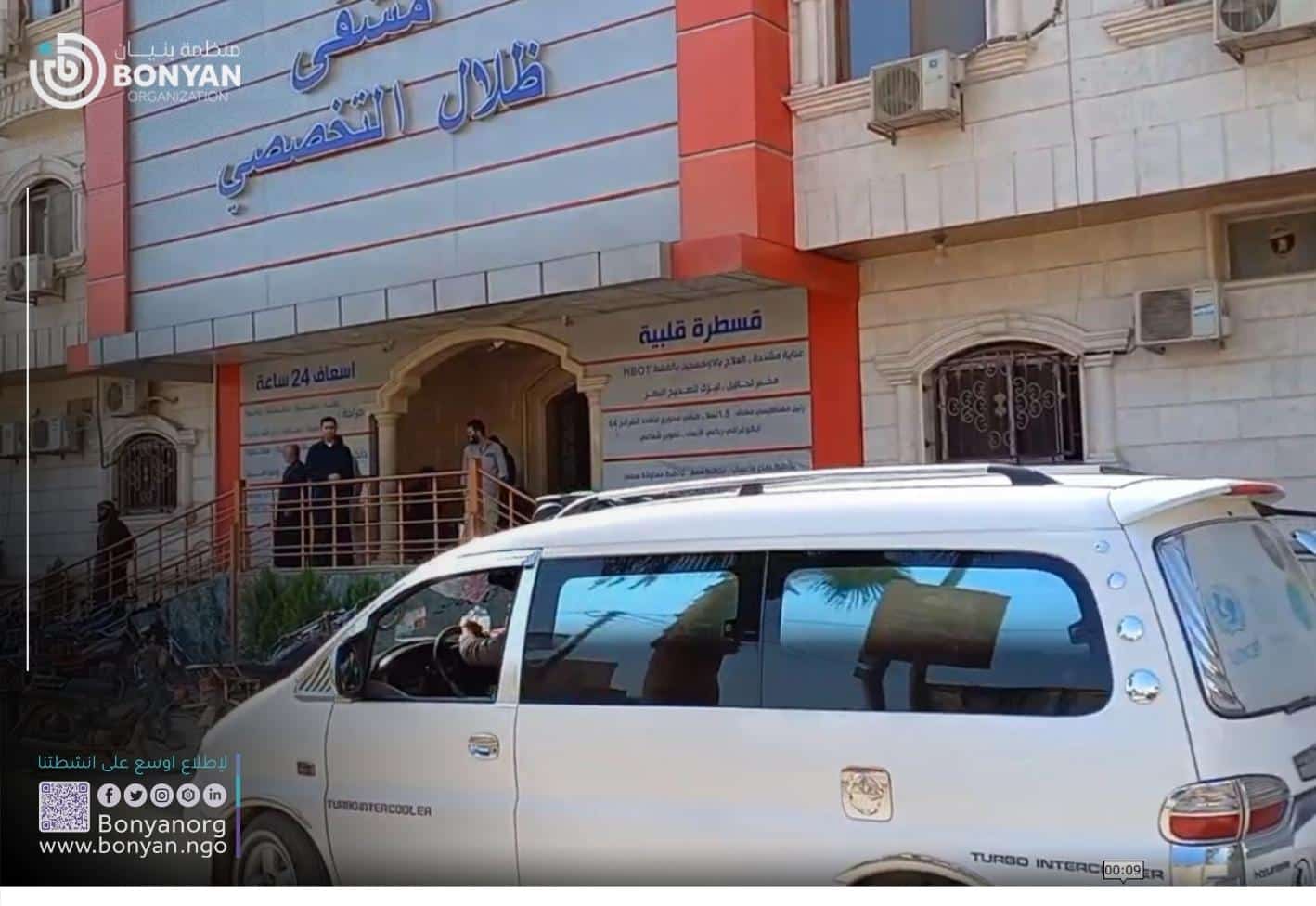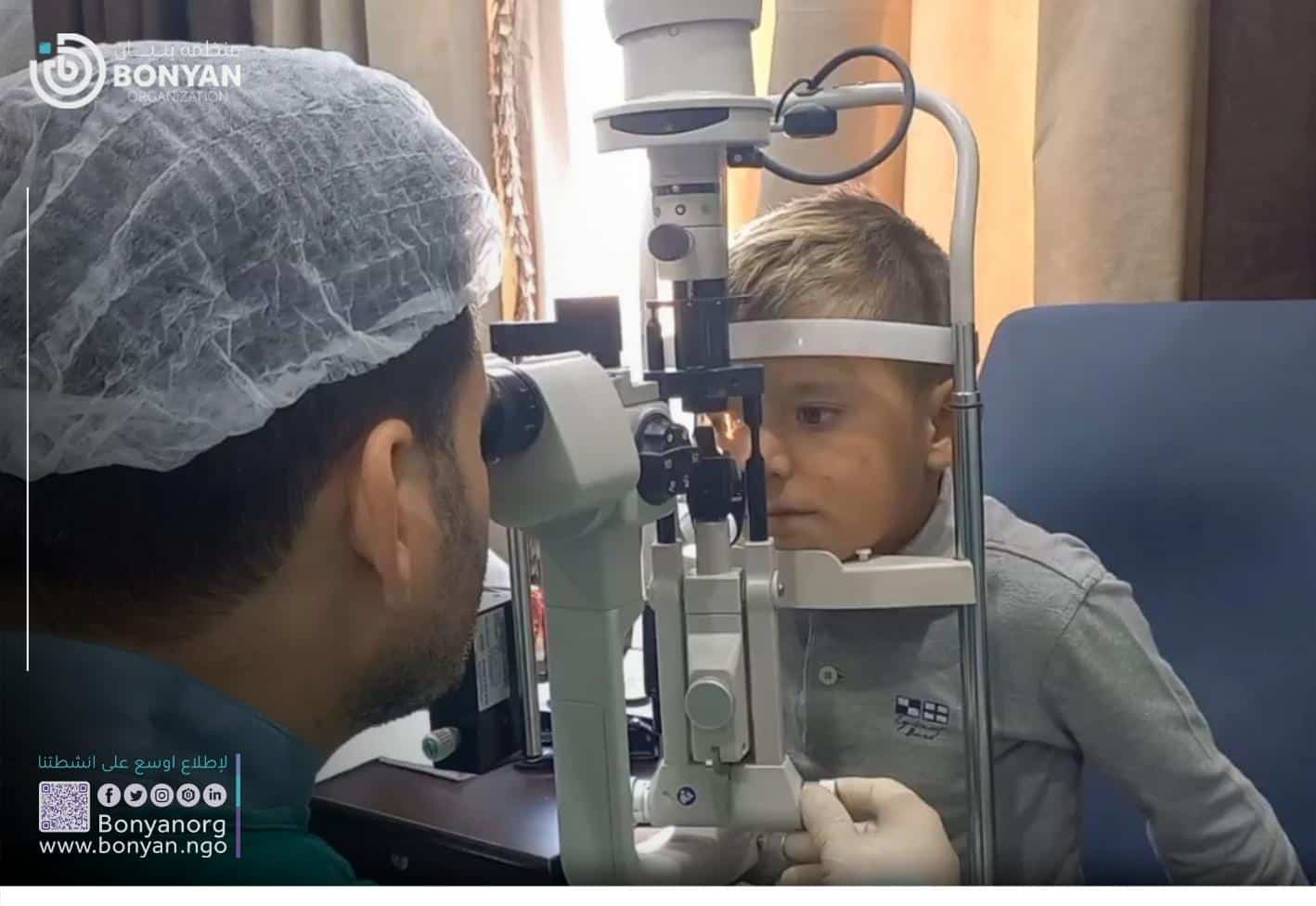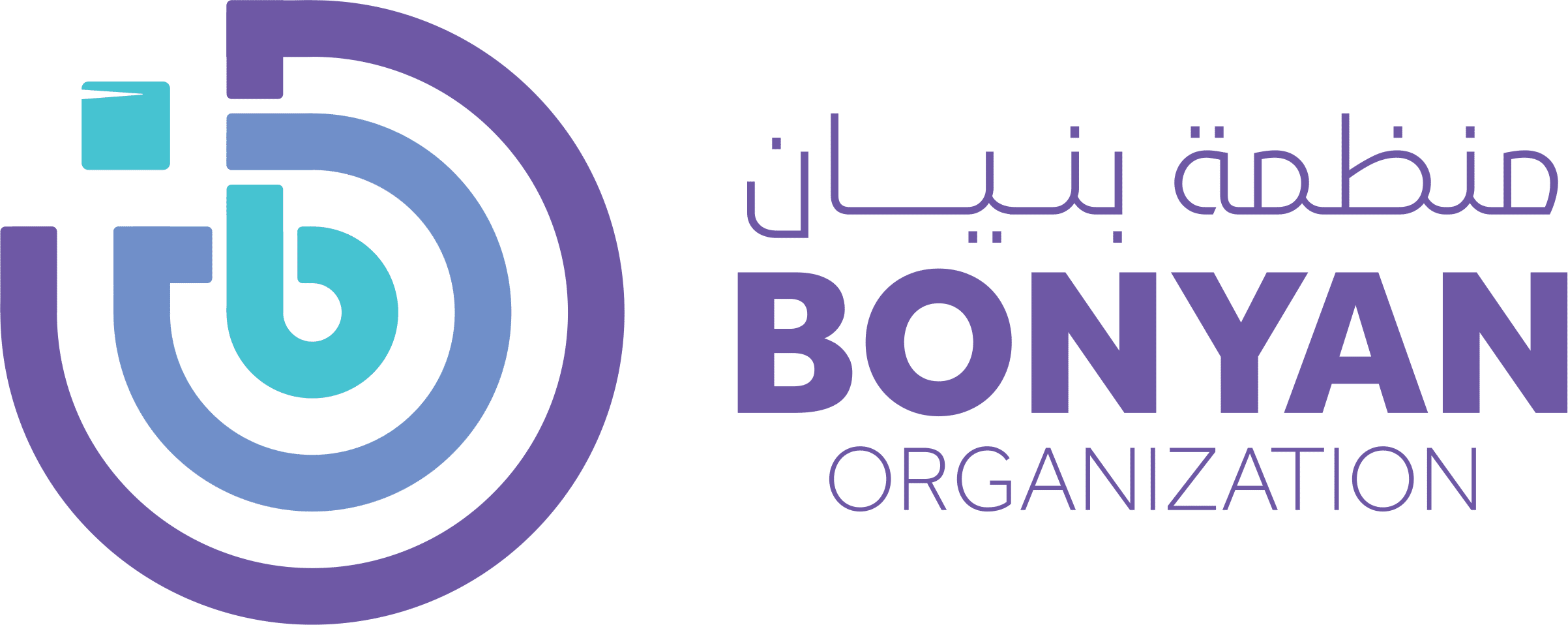Health Situation in Syria
The devastation of the ongoing conflict has led to a health crisis in North-West Syria.
The people of this region have seen many of their hospitals, clinics, schools, and other vital public services destroyed or occupied. They also face a serious shortage of doctors, nurses, and other medical staff.
Suffering from a lack of food, shelter, medical care, and economic isolation, North-West Syria has been left in dire straits.
Along with the consistent trials to provide the initial aid to help, the intense fighting made it so hard for different organizations to get into and out of the area safely with supplies for those who need it most.
Medical Consultations
Medical consultations are increasingly becoming a challenge in northwestern Syria. There have been difficulties with medical consultations for many years. Now there is a shortage of doctors, and the already scarce resources are being depleted by prolonged conflict.
Additionally, the doctors in these regions have been exposed to a wide range of injuries, like; head trauma, burns, and even being shot. These doctors need support from international organizations so that they can continue to provide a valuable service to the people in this region.
Nutrition
The ongoing conflict in Syria has been devastating for the people of Syria. It has caused a mass migration of the population and turned many cities into ruins. In Syria, there are reports that malnutrition is widespread in North-West Syria in 2022, affecting the children of these areas in particular.
Against the backdrop of acute and chronic food insecurity, an estimated 10 million people are living with malnutrition. Considering that more than 12 million are living in hard-to-reach places, it makes the aid mission nearly impossible.
Women Healthcare
The Syrian healthcare system is currently struggling. Since 2011, there has been a severe shortage of medical staff, supplies, and other resources in North-West Syria.
As a result of the armed conflict, hospitals were bombed and destroyed. And this made it even more difficult for women to access any healthcare.
Nevertheless, the number of challenges women have to face due to this ongoing conflict, such as;
- Violence against female civilians.
- Rape as a weapon of war.
- Displacement due to armed conflict.
- Lack of education opportunities for girls.
- Limited access to medical services.
- Food insecurity and more.

Children’s Healthcare
The healthcare system in North-West Syria has been crippled by the lack of food, medicine, and supplies. There are nearly 12 million people displaced from their homes.
The majority of these are children who have been growing up without the protection of a family or the safety net of a country.
North-West Syria has a gap in health care needs for children.
With limited resources and infrastructure challenges, it is difficult to provide health care to all children in the region.
Children Vaccination
In North-West Syria, there has been an increase in malnutrition cases as well as chronic diseases among children;
- Diabetes.
- Asthma.
- Heart Disease.
Furthermore, outbreaks of measles were also reported across the country due to inadequate vaccination coverage rates.
This is because they have to move frequently due to ongoing violence and disruption of food supplies and other basic services rendering many children unable to get their vaccinations on time or at all.
Mental Health
The armed conflict has been a traumatic experience for all Syrians.
Old and young people of all age groups were affected by;
- The loss of loved ones.
- The loss of property.
- The displacement.
- Separation from family.
- The fear of the ongoing attacks.
- Kidnapping, Rape, and physical violence.
Everyone in North-West Syria has experienced most of those mentioned above.
Unfortunately, Syrian children have borne the brunt of these traumas, with an estimated 60% suffering from psychological distress at any given time. Children in North-West Syria are affected by many mental health problems caused by war trauma, such as depression and anxiety.
People With Physical Disabilities
One in six people have some form of disability.
The World Health Organization defines disability as “the loss or restriction of movement, sensation, or other function that is caused by a physical impairment or health condition.” People with physical disabilities live their lives depending on the help and support they are able to receive.
Different regions have different levels of resources for those with disabilities which leads to differences in the quality of life for those who suffer from physical impairments.
In North-West Syria, children with psychological and intellectual disabilities are cared for by the civil community society, charities, and national and international organizations, like Bonyan Organization which are devoting a big part of their financial support to provide aid to children’s health and education, along with their families.

Psychosocial Support
With the ongoing Syrian war taking a toll on the mental health of Syrian refugees, psychosocial support in North-West Syria will be integral to their well-being.
Psychosocial support is defined as “a coordinated set of services and interventions aimed at;
- Providing people experiencing psychological distress or psychosocial impairment with relief from distressing symptoms and improved quality of life.
- Reducing vulnerability to stressors.
- Enhancing community connectedness.
- And improving the ability to cope with daily stresses.”
There is a lack of psychosocial support in the North-West of Syria.
With the deteriorating situation and people being traumatized by the war and conflict, they must be able to receive care.
In order to provide better care for these people, there are a few procedures that need to be done to meet their needs. Like;
- Provide health assistance.
- Provide education services.
- Provide psychological counseling.
- Empowerment programs.
- Prevention programs.
- Stress and anxiety management program.
Epidemics in North-West Syria
Syrians live in hazardous living conditions in North-West Syria due to the lack of food, water, electricity, and medical supervision – all of which contribute to the spread of disease. We need more attention from humanitarian organizations to adequately care for those suffering from these outbreaks.
Some epidemics to watch out for are;
- Cholera.
- Yellow Fever.
- Malaria.
- Dengue Fever.
Diseases like these have a direct correlation with poverty.
Still, they also disproportionately affect children who are not only more likely to contract these diseases but also more likely to die from them.
We must not ignore the risks posed by epidemics because they don’t happen on a large scale all at once but rather accumulate over time when some minor disaster compounds the issue.



